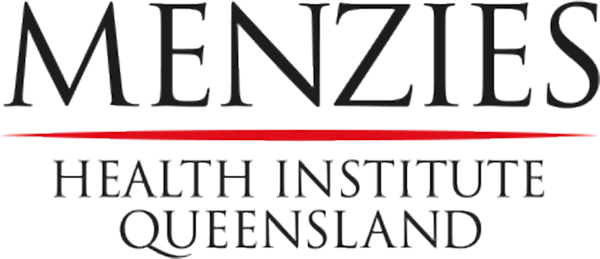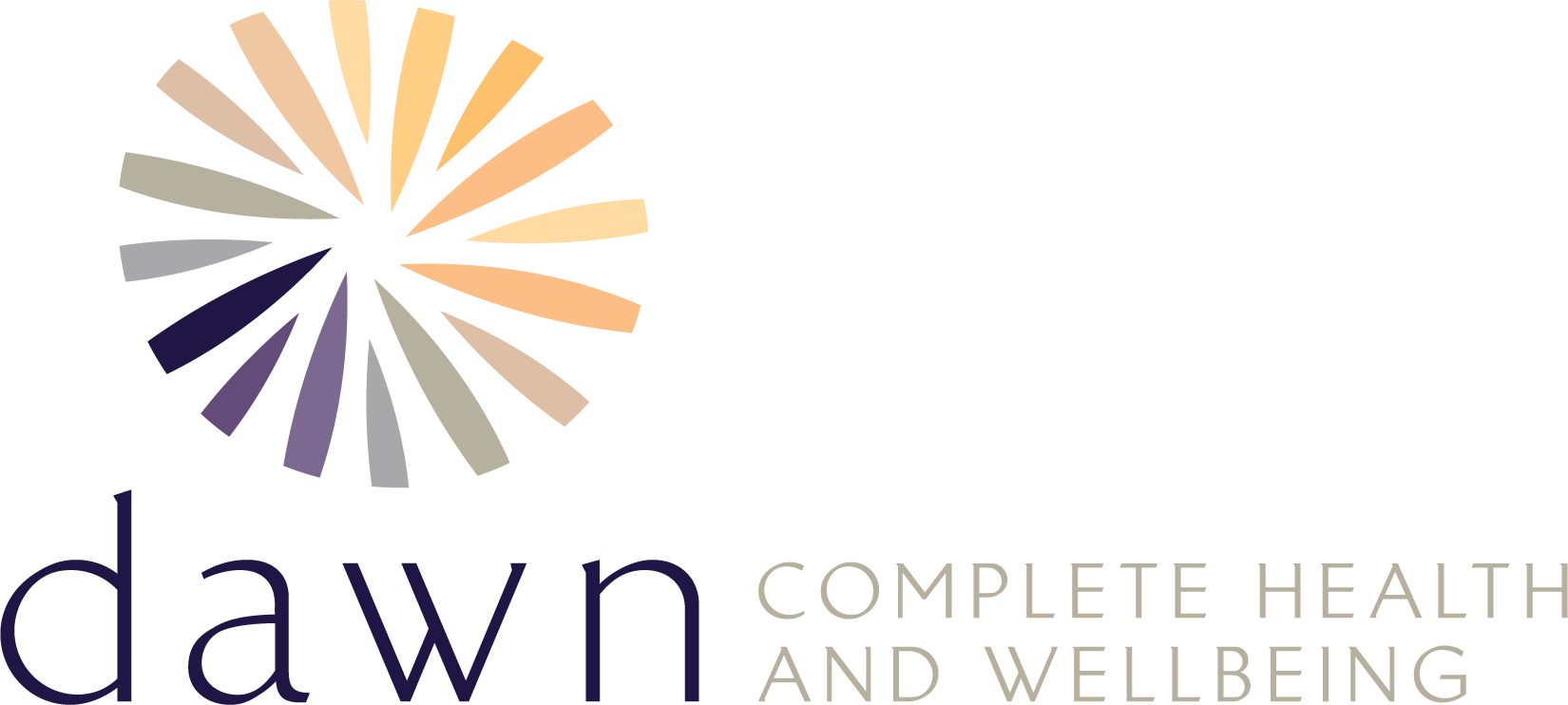A team of researchers from VinUniversity in Vietnam and the University of Technology Sydney in Australia have been awarded a grant to develop a 12-week wellness program for Vietnamese women after giving birth. We spoke to Dr. Nguyen Thi Thanh Huong, Assistant Professor, Senior Lecturer at College of Health Sciences, VinUniversity – Principal Investigator of this project, about what this program will mean for women in Vietnam.
Q. What was the impetus for developing a women’s wellness after giving birth program for Vietnamese women?
The transition to parenthood is a potentially vulnerable time for mothers’ mental health. Baby blues are expected to happen during the first couple of weeks. However, for approximately 20% of Vietnamese mothers, it goes beyond that, resulting in postpartum depression in the first year after birth. Complications of this condition involve both the mothers – lower life quality, or even suicidal/self-harming behaviours; and their children – impaired physical as well as mental development.
Vulnerable groups of women in less socio-economically developed areas with economic constraints, lack of family support, and/or insufficient access to information regarding mental wellness are less likely to seek mental health services and even if they do reach out, mothers tend to seek help from fortune-tellers or “word-of-mouth” medicine rather than modern and evidence-based methods.
Q. How will the Program be developed?
The VinUniversity women research team, in collaboration with the University of Technology Sydney research team led by Professor Debra Anderson, aims to explore the current situation of mental wellness of Vietnamese women after birth and associated factors. After that, a Vietnamese version of the Women’s Wellness Program (WWP), named Women’s Wellness After Giving Birth Program (WWAGBP), with a package of booklets, a website, and delivery guidelines will be adapted and piloted to confirm the degree to which the package adequately reflects the Vietnamese cultural context and effectively promotes Vietnamese women’s wellness after giving birth.
Q. How long do you anticipate it will take to develop and launch the Program?
The Program is anticipated to take nine months to develop before being piloted. In this phase, a baseline survey will be conducted to explore the prevalence of postpartum depression among women after giving birth and associated factors. Then, the WWAGBP will be culturally adapted from the WWP and be confirmed on its validity and reliability by health experts in related areas and by key stakeholders.
We hope to launch the program to the first round of participants in mid-2023.
Q. What will the Program look like for Vietnamese women?
Women who have delivered their babies within one year (or even pregnant women willing to join) will be invited to participate in a 12-week wellness program that will help mothers handle the special changes or prepare them to be ready for women’s issues after giving birth. The topics that might be included in the wellness program include; nutrition, sleep, stress and relaxation and psychosocial support.
Two milestone evaluations will be set for weeks 1, 6 and 12 week and 12. A wrap-up workshop with experts from WWP international network (Australia, New Zealand, United Kingdom, China, Hong Kong, and Vietnam) will be organised to review the outcomes of the WWAGBP in the pilot and develop an action plan for future implementation of the WWAGBP in a larger-scale project.
Q. What do you hope to achieve with the development of this Program?
We hope the WWAGBP will be an innovation that uniquely contributes to current efforts to support Vietnamese women after giving birth as a non-pharmacologically virtual support for women’s wellness, a culturally adapted WWP aligning with the Vietnamese context, and a pioneering and novel program for women after giving birth.
This program will contribute to the body of knowledge in Vietnam and the world about postpartum depression, mental wellness for women after giving birth, and effective coping strategies delivered with an e-health intervention package.
For more information about the Women’s Wellness after Giving Birth Program in Vietnam, please contact:
Dr. Nguyen Thi Thanh Huong – Principal Investigator
College of Health Sciences, VinUniversity, Hanoi 100000, Vietnam
Email: huong.ntt@vinuni.edu.vn
Ms. Hoang Phuong Anh – Project Coordinator
College of Health Sciences, VinUniversity, Hanoi 100000, Vietnam
Email: anh.hp@vinuni.edu.vn






